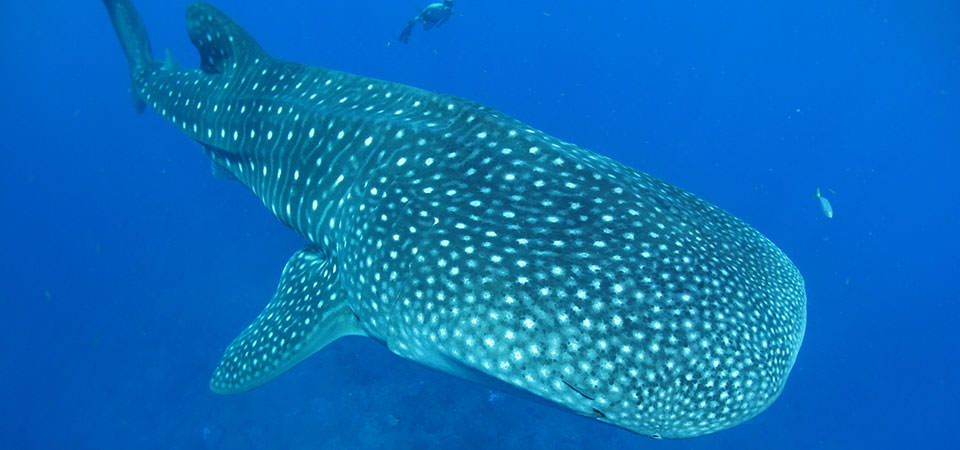Indonesia has a total of 118 different species of sharks which marks the world’s highest diversity of sharks. Every year, 73 million sharks are killed for their fins and traded around the world. Combined, Indonesia and India comprise around 20% of the global shark catch.
According to Indonesia’s official statistics agency, the country exported 248.7 tons of shark fins in 2014 which is 51% less than 514.3 tons it exported in 2012. In India, shark-fin exports in the first 10 months of fiscal year, 2014-2015, reached only 66 tons, compared with 122 tons in 2013-2014.
So why are we seeing this decline?
China, Hong Kong, and Taiwan are the primary consumers of shark-fin soup. In 2013, both Beijing and Hong Kong banned serving shark at state and government functions. This has set a precedence for many hotels and restaurants. Garuda Indonesia Airways and Hong Kong’s Cathay Pacific Airways have also stopped transporting shark fins. IN 2013, vendors in a Chinese shark-fin trading hub saw a 82% decline in sales and around a 50% decrease in prices.
Although there is a decrease in this trade, there is still work to be done. According to the U.N. Food and Agricultural Organization report, global shark-meat exports have increased 30% since 2012. To read more about the changes to shark fishing in Indonesia and India, read the Time article here…
 This, week a team of zoologists from Texas A&M released their research on otter feeding in PLOS ONE. Some otters, like giant and North American river otters catch fish and other squirmy prey with their jaws, while the Asian small-clawed otters and sea otters nab hardened prey with their hands before crushing through those exterior defenses with expanded cheek teeth. All sea otters have unique behaviors and habits. The scientists found that every otter type has a different skull shape which influences their dietary habits and fitness. Read more…
This, week a team of zoologists from Texas A&M released their research on otter feeding in PLOS ONE. Some otters, like giant and North American river otters catch fish and other squirmy prey with their jaws, while the Asian small-clawed otters and sea otters nab hardened prey with their hands before crushing through those exterior defenses with expanded cheek teeth. All sea otters have unique behaviors and habits. The scientists found that every otter type has a different skull shape which influences their dietary habits and fitness. Read more…

As the world generates more renewable energy, we are challenged with how to store this energy to power homes during off- peak times. A company called Hydrostor has come up with an storage solution that could be an alternative to battery storage. Hydrostor has investigated the possibility of Underwater Compressed Air Energy Storage (UW-CAES). The excess energy generated from solar and wind charges an air compressor and the compressed air is transferred into massive balloons in the ocean. Because of the water pressure, the air inside will compress. The deeper the balloons, the more air they can hold. To extract the energy, air would be released from the balloon to spin a turbine. Read more…
This week, a journal article in PLOS ONE revealed interesting findings on the leopard sharks. Researchers caught and released leopard sharks and blocked the noses of some of their samples. The scientist observed that the sharks with an impaired sense of smell had trouble finding their way back to shore. It is common knowledge that sharks are excellent navigators but it is unclear what sense actually plot the course. the study raises more questions about the actual smell that the sharks use to navigate. Read more…
5. Whale Shark Return Highlights Challenges of Conservation
 This week, Fisherman in the Ayeyarwady Region and Ngapali in southern Rakhine State of Myanmar have reported whale shark sightings. The sharks are swimming close to the surface and getting entangled in the fishing nets in the area. One fisherman killed the 10 to 13 foot long shark and sold it’s parts on the black market. According to section 39 of the 1990 Myanmar Marine Fisheries Law, killing a whale shark is illegal. Read more…
This week, Fisherman in the Ayeyarwady Region and Ngapali in southern Rakhine State of Myanmar have reported whale shark sightings. The sharks are swimming close to the surface and getting entangled in the fishing nets in the area. One fisherman killed the 10 to 13 foot long shark and sold it’s parts on the black market. According to section 39 of the 1990 Myanmar Marine Fisheries Law, killing a whale shark is illegal. Read more…
Be sure to “LIKE” http://facebook.com/SeaSave to ensure our “Week in Review” is delivered to your newsfeed every Thursday.




